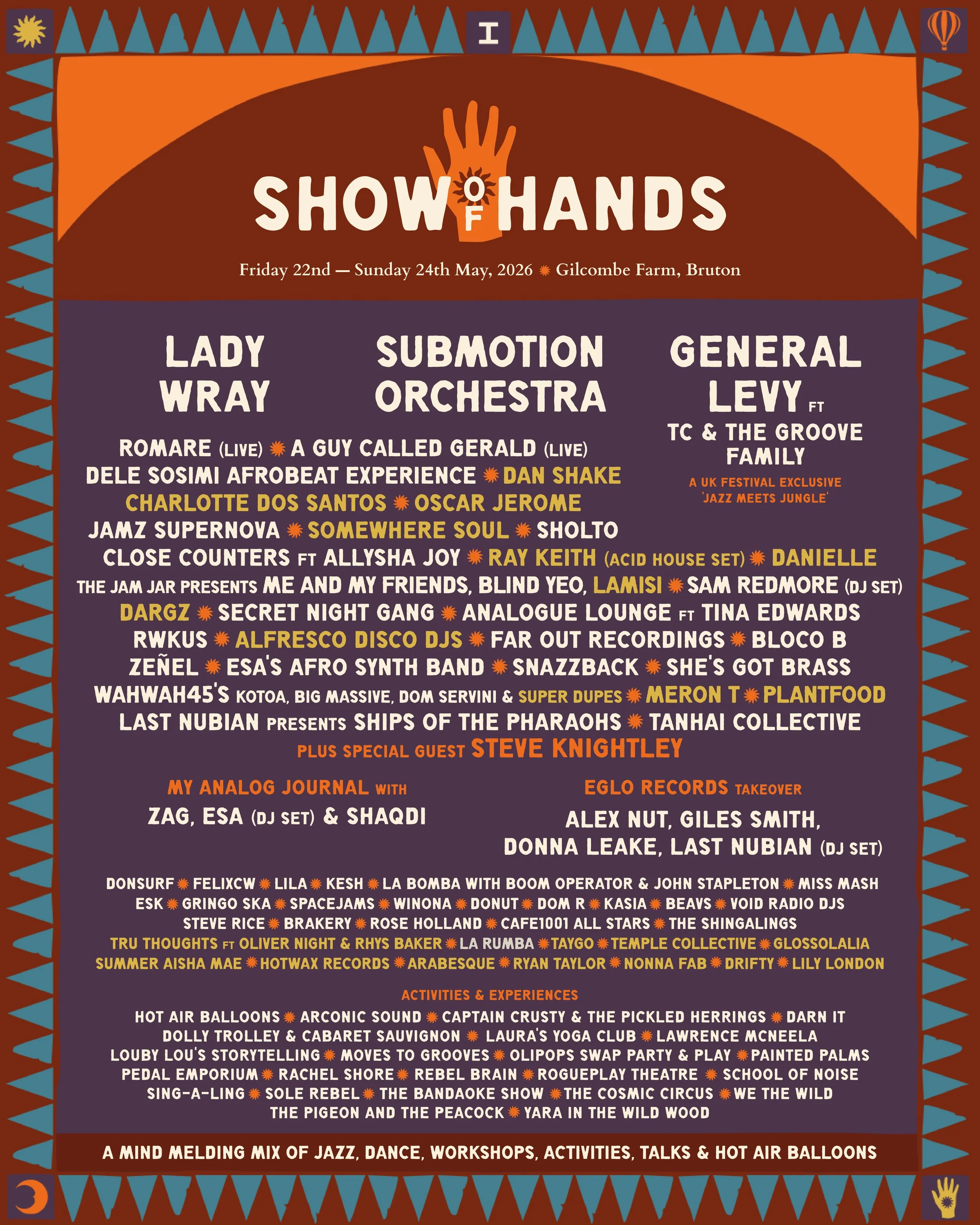Beyond Coldplay: Re-Framing Guilty Pleasures in Music
Tw: mentions of rape, sexual assault, and racism
Picture the scene: 2013. I’m waiting for the school bus in the rain, standing next to a chaotic clan of Year Sevens hitting each other with their rucksacks. I can’t hear their screams, for I am above their trifles - I’ve tuned out, and am listening to the pinnacle of musical achievement: Oasis. But for fourteen-year-old me, drowning out the morning clamour of the school bus wasn’t enough. I had to tell everyone that’s what I did. I had to wear band t-shirts, uploaded pictures of me in said t-shirts to Facebook with the caption ‘i like pink floyd wbu’. Insufferable, yes - yet I look back on her with a kind smile, because in my heart of hearts I knew underneath all of that was a deep anxiety to be consistent and authentic, and to be liked.
As we grow older, I think we tend to forget the impact music has on us as children and teenagers. It was the swagger of Britpop that made me light up inside, from the pure escapism of the Stone Roses to the cool cutting edge of Blur. But that was the end of the line for me; my music taste had to be a monolith and having ‘guilty pleasures’ outside of a small circle was a sign of weakness. So much guilt and shame are shunted into our subconscious in these years of our lives; music was no exception.
I went out with a boy who shamed me for not liking his exact music tastes. I clearly remember him laughing at me for listening to something, and making fun of what brought me joy (I also remember him making me walk on the road because I was taller than him in my Doc Martens, but that’s another story). And because of this visceral reaction that happened when these ‘guilty pleasures’ showed through the cracks, I pushed them down into the very core of my being in a desperate attempt to get rid of them.
Tom Cox sums this aspect of guilty pleasures up perfectly in his tweet: ‘What people mean by the term “guilty pleasure” 99.5% of the time is “something genuinely joyous pretentious dickheads told me not to like’’. Thankfully, as I’ve got older, I no longer try to suffocate what I like. There are no ‘sides’: I am one whole person that can queue some Little Mix, then bop to Donna Summer. There is something to be said for freeing yourself of the stringent need to curate your musical tastes: if your brain likes it, don’t worry. Uncool is subjective anyway.
But should our understanding of ‘guilty pleasures’ go beyond taste? Should someone be shunning somebody else for liking Coldplay if, in fact, they listen to Marilyn Manson on the daily, an artist who’s been accused of rape and sexual assault? When artists are accused or convicted of these crimes, it can cause fans to re-evaluate their listening or following of an artist.
One recent example is Morrissey. Once famed for his anti-monarchist, anti-Thatcher stance in the 1980s through the music of The Smiths, he is now largely associated with far-right groups such as For Britain (he was pictured sporting their badge on The Tonight Show in 2019). Billy Bragg called him the ‘Oswald Mosley of pop’. I mean, how does one man go from writing lyrics such as ‘It’s so easy to laugh / It’s so easy to hate / It takes guts to be gentle and kind’ to calling Chinese people a ‘subspecies’? Not only did Morrissey’s 2019 solo release, ‘California Son’, receive dire reviews, but posters advertising the album were taken down by Merseyrail in Liverpool train stations. Cardiff’s Spillers Records, the oldest record shop in the world, stopped stocking his solo music. His associations and actions leave a bitter taste in the mouths of many Smiths fans, and leaves them wondering how much they can enjoy their music in the context of Morrissey today.
Although it can become hard and painful to pick away at the messy tangle of the art and the artist, perhaps it’s time to re-frame and deepen the discussion around ‘guilty pleasures’. Maybe we need to steer the definition away from what we consider trendy and strike up conversations around the moral and political stance that our tastes take, and what this enables as a result.
Written by Molly Cheek
Molly works in administration for her local town council. She has a degree in English Literature from Cardiff University, primarily studying 19th-century literature and women writers of the period. She writes poetry and songs, and enjoys walking around Bristol, Somerset and beyond.






